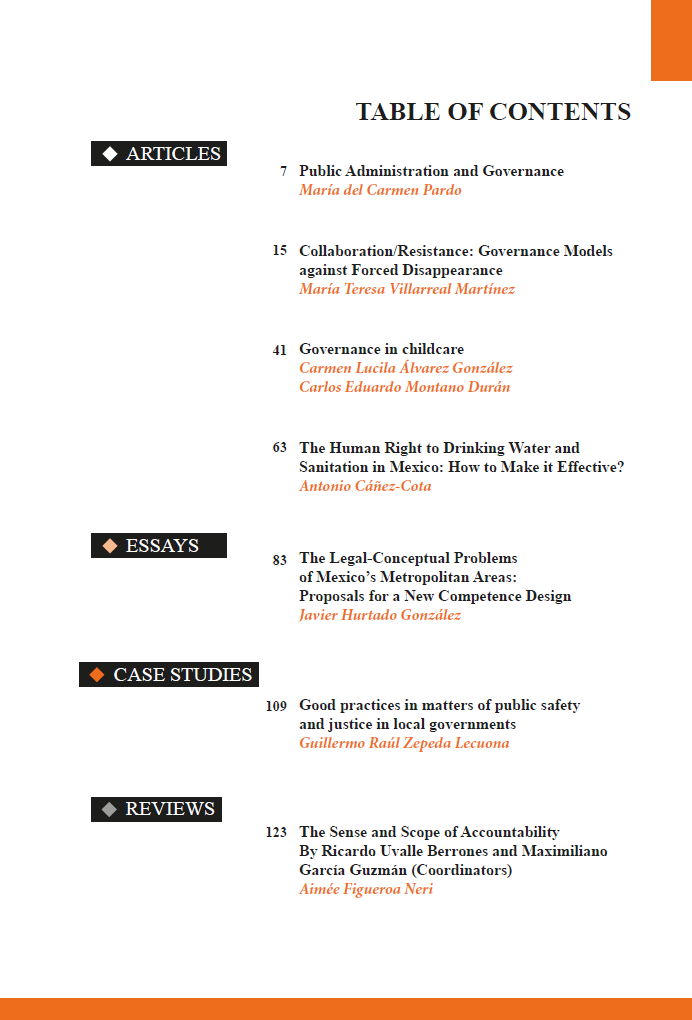Enviar un artículo
Información
Idioma
Navegar
JOURNAL OF PUBLIC GOVERNANCE AND POLICY: LATIN AMERICAN REVIEW, Año 10, No.14, enero-diciembre 2024, es una publicación anual editada por la Universidad de Guadalajara, a través del Instituto de Investigación en Políticas Públicas y Gobierno (IIPPG), por la División Economía y Sociedad, del Centro Universitario de Ciencias Económico Administrativas, CUCEA. Edificio B-202, Periférico Norte No. 799, Núcleo Universitario Los Belenes, C.P. 45100, Zapopan, Jalisco, México, Teléfono: 33-3770-3412 y 33-3770-3300 ext.25876, https://journalofpublicgovernance.cucea.udg.mx/index.php/jpgp/index, journal.iippg@gmail.com, Editor Responsable: Oliver Meza Canales. Reserva de Derechos al Uso Exclusivo del Título: 04-2015-120712050900-102, ISSN Elecrónico: en trámite, otorgados por el Instituto Nacional del Derecho de Autor. Responsable de la última actualización de este número: Instituto de Investigación en Políticas Públicas y Gobierno, División Economía y Sociedad, CUCEA, Alvaro Guevara Castillo. Fecha de la última modificación: 19 de septiembre, 2024.
Las opiniones expresadas por los autores no necesariamente reflejan la postura del Editor de la publicación.
Queda estrictamente prohibida la reproducción total o parcial de los contenidos e imágenes de la publicación sin previa autorización de la Universidad de Guadalajara.
_________________________________________________________________________________________________________________________________
La versión electrónica de cada Número es idéntica a la versión impresa / Electronic version of each Issue is identical to the printed version.





